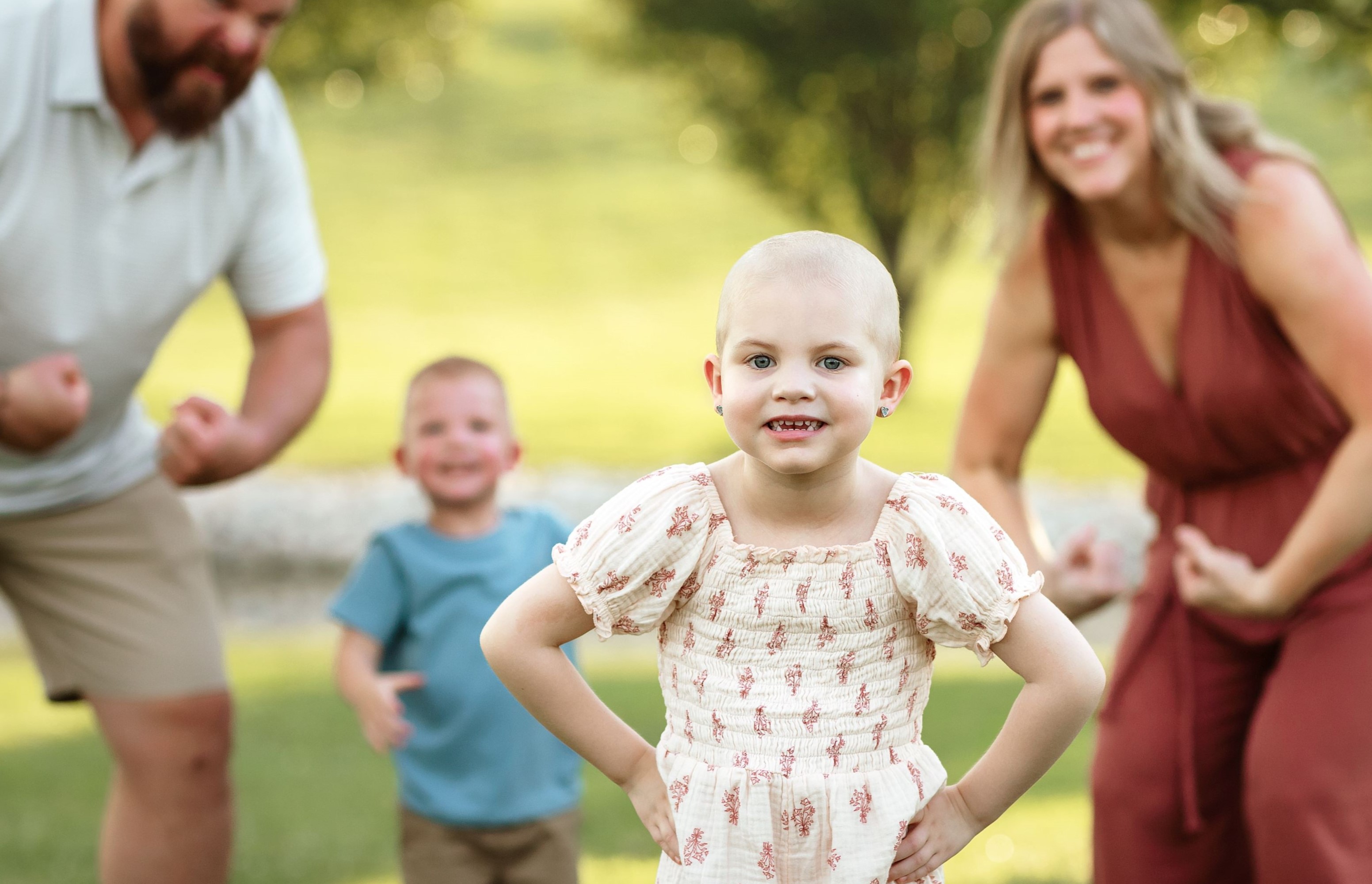
Mercy Radiation Oncology - David C. Pratt Cancer Center
- Home
- Locations
- Mercy David C. Pratt Cancer Center - St. Louis
- Mercy Radiation Oncology - David C. Pratt Cancer Center
St. Louis, MO 63141
Phone: (314) 251-6844
Fax: (314) 251-4337
-
{{ hours.nameOfDay }}
Our radiation oncology team works closely with your medical oncologist, surgeon and referring physician to provide the most effective treatment for your condition. Backed by years of research and experience, the board-certified physicians at Mercy Radiation Oncology - David C. Pratt Cancer Center use the latest technology, including CyberKnife®, to design and deliver the optimal individualized treatment plan and continuously monitor your condition. We work with you one-on-one and are dedicated to helping you overcome this disease and resume your life.
How radiation oncology can help:
- Highly targeted radiation kills tumors.
- Maximum radiation is focused directly at the tumor and neighboring tissues which are high risk for containing tumor cells, resulting in less impact on healthy tissues and organs and less side effects.
- Radiation may be used with other innovative treatments, like chemotherapy, hormone therapy and immunotherapy, to fight against the growth of new cancer cells.
Available at the David C. Pratt Cancer Center, this treatment uses protons to target and destroy cancer cells with pinpoint accuracy. Click here to read more.
HDR Brachytherapy for Skin Cancer
Skin HDR, also known as Skin HDR Brachytherapy, is a radiotherapy treatment technique. It’s an effective alternative for patients whose skin cancer can’t be removed surgically due to the location or position of the cancer. Patients with basal cell or squamous cell skin cancers qualify for this procedure.
Patients receive either eight treatments (two times a week for four weeks) or 16 (four times a week for six weeks), depending on the need.
Benefits include:
- Minimal scarring
- Minimal radiation side effects
- Rapid and complete functional recovery due to the reduction in normal tissue injury
- Shorter overall treatment times
- High success rate (cure rate of 95-98% (non-melanoma skin cancer)
Related Services
At Mercy, we offer comprehensive services to diagnose and treat a full range of conditions, including:
At Mercy, we offer comprehensive testing services to diagnose conditions and injuries, including:
At Mercy, we offer compassionate care for a variety of treatment services, including:
